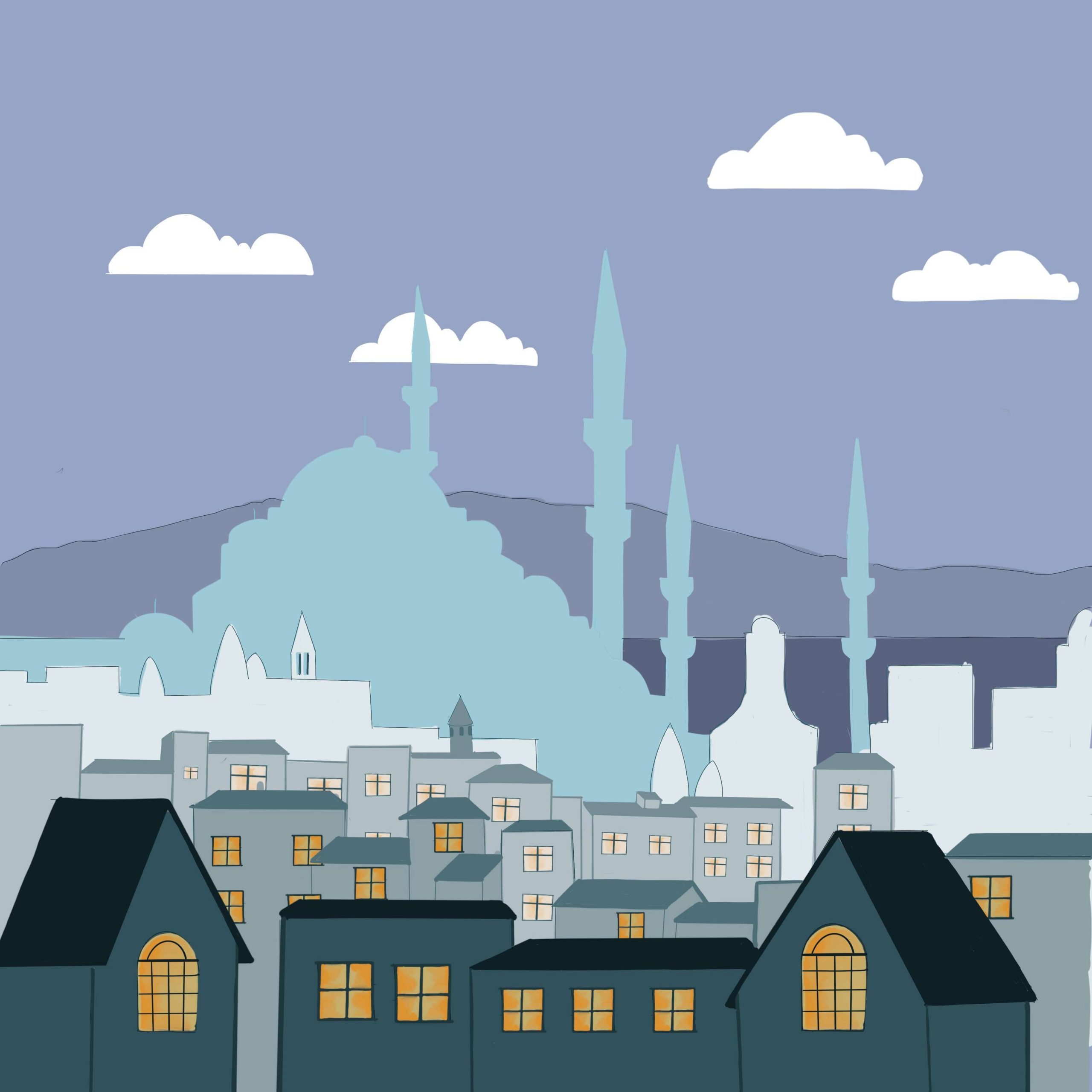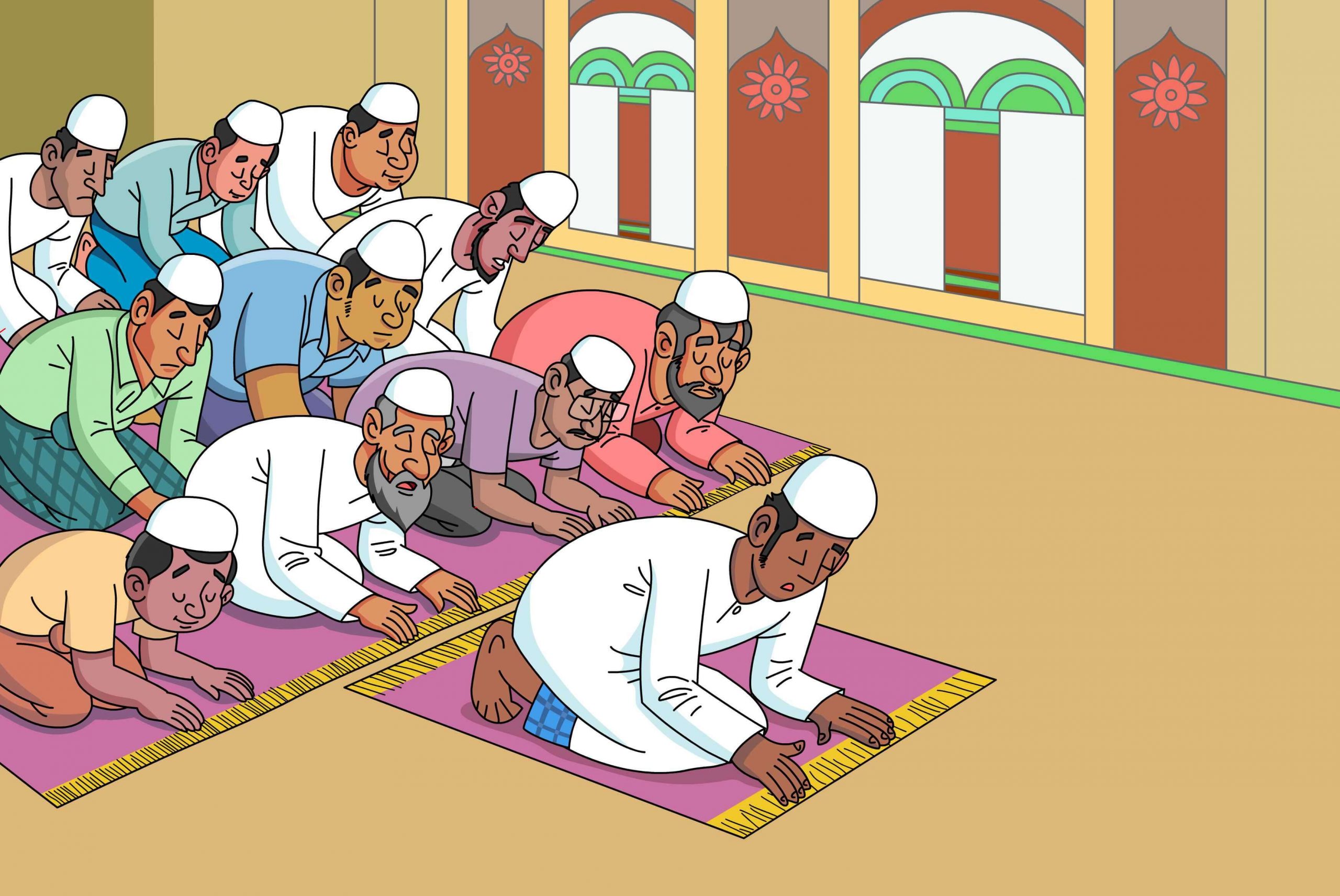Learn about the history and significance of Laylat al-Qadr, the Night of Power, in Islam, and discover how Muslims around the world observe this special night through prayer, recitation of the Quran, charity, and seeking forgiveness.
Laylat al-Qadr, also known as the Night of Power or Night of Decree, is an important night in the Islamic faith. It is believed to be the night when the first verses of the Quran were revealed to the Prophet Muhammad by the angel Gabriel.
The exact date of Laylat al-Qadr is not known, but it is believed to occur during the last ten nights of the holy month of Ramadan. Muslims observe this night with special prayers, supplications, and acts of worship, seeking the blessings and mercy of Allah.
Laylat al-Qadr is considered to be a night of great spiritual significance and reward. Muslims believe that acts of worship and good deeds performed on this night are equivalent to those performed over a thousand months. It is therefore a time for reflection, prayer, and seeking forgiveness.

Source : pixabay.com
History of Laylat al-Qadr
Laylat al-Qadr has a significant historical and religious importance in the Islamic faith. According to Islamic tradition, the first revelation of the Quran to Prophet Muhammad occurred on this night.
It is said that in the year 610 CE, when Prophet Muhammad was 40 years old, he was meditating in a cave on Mount Hira near the city of Mecca when the angel Gabriel appeared to him and revealed the first verses of the Quran. This event is known as the “Night of Power” or “Laylat al-Qadr” in Arabic.
The Quran describes the significance of this night in Surah Al-Qadr (The Power), which states:
“Verily, We have sent it (the Quran) down in the Night of Power. And what will make you know what the Night of Power is? The Night of Power is better than a thousand months. Therein descend the angels and the Spirit by their Lord’s permission, with every command. Peace it is until the emergence of dawn.” (Quran 97:1-5)
Since then, Laylat al-Qadr has been celebrated by Muslims as a special night of prayer, worship, and spiritual reflection. Muslims believe that on this night, the gates of heaven are open, and Allah’s blessings and mercy are abundant. Therefore, it is a time to seek forgiveness, repentance, and perform good deeds.
Laylat al-Qadr Timeline
The exact date of Laylat al-Qadr is not known, but it is believed to occur during the last ten nights of the holy month of Ramadan. Muslims observe this night with special prayers, supplications, and acts of worship. Here is a brief timeline of events related to Laylat al-Qadr:
- 610 CE: The first revelation of the Quran to Prophet Muhammad occurs on Laylat al-Qadr.
- 624 CE: The Battle of Badr, one of the most significant battles in Islamic history, occurs on the 17th of Ramadan, which some scholars believe to be the night of Laylat al-Qadr.
- 632 CE: Prophet Muhammad delivers his last sermon on the 9th of Dhu al-Hijjah, during his final pilgrimage to Mecca. He emphasizes the importance of Laylat al-Qadr, and urges Muslims to seek it in the last ten nights of Ramadan.
- 656 CE: Uthman ibn Affan becomes the third caliph of the Islamic empire. He is known for his special emphasis on Laylat al-Qadr, and is believed to have recommended Muslims to observe it during the 27th night of Ramadan.
- 1979 CE: Ayatollah Khomeini, the leader of the Islamic Revolution in Iran, declares the last Friday of the holy month of Ramadan to be the “International Day of Quds”. This event is aimed at raising awareness about the Palestinian cause, and coincides with the observance of Laylat al-Qadr by many Muslims around the world.
Today, Laylat al-Qadr continues to be observed by Muslims around the world, who seek its blessings and mercy through prayer, worship, and good deeds.

Source : pixabay.com
How to Observe Laylat al-Qadr
Observing Laylat al-Qadr is an important practice for Muslims during the last ten nights of Ramadan. Here are some ways to observe this special night:
- Seek Laylat al-Qadr: Muslims believe that Laylat al-Qadr is a night of great reward and blessings, so they should make an effort to seek it. One way to do this is by spending the last ten nights of Ramadan in worship, prayer, and remembrance of Allah.
- Recite the Quran: Laylat al-Qadr is the night when the Quran was first revealed to Prophet Muhammad, so reciting the Quran is a significant way to observe this night. Muslims often recite Surah Al-Qadr, as well as other verses and chapters of the Quran.
- Perform Night Prayers: Muslims often perform additional prayers during the last ten nights of Ramadan, known as Taraweeh prayers. These prayers are usually performed after the Isha prayer and can last for several hours. Muslims may also perform additional prayers during the last third of the night, which is considered the most blessed time for worship.
- Give Charity: Laylat al-Qadr is a time for giving to those in need, and Muslims may choose to give charity on this night or during the last ten nights of Ramadan. This can include donating to a charity, feeding the poor or fasting individuals, or helping someone in need.
- Seek Forgiveness: Laylat al-Qadr is a night of forgiveness, and Muslims often seek forgiveness for their sins on this night. They may also make supplications and ask Allah for blessings and guidance.
Overall, observing Laylat al-Qadr is a time for increased worship, reflection, and seeking Allah’s mercy and blessings. Muslims may choose to observe this night in various ways, but the ultimate goal is to draw closer to Allah and improve oneself.
Interesting Facts About Laylat al-Qadr
Here are some interesting facts about Laylat al-Qadr:
- The exact date of Laylat al-Qadr is not known, but it is believed to fall on one of the odd-numbered nights during the last ten nights of Ramadan, which are the 21st, 23rd, 25th, 27th, or 29th night.
- Laylat al-Qadr is sometimes referred to as the “Night of Power,” “Night of Decree,” or “Night of Destiny” because of its significance in Islamic history and belief.
- It is said that the blessings and rewards of worship during Laylat al-Qadr are equivalent to those of worship for a thousand months, which is more than 83 years.
- Muslims believe that on this night, the gates of heaven are open, and Allah’s blessings and mercy are abundant. Therefore, it is a time to seek forgiveness, repentance, and perform good deeds.
- The Quran states that during Laylat al-Qadr, angels descend to earth and peace prevails until dawn.
- Laylat al-Qadr is significant not only because it marks the revelation of the Quran to Prophet Muhammad but also because it marks the beginning of the prophethood and mission of Prophet Muhammad.
- Muslims around the world observe this night with special prayers, recitation of the Quran, and acts of charity and good deeds.
- According to Islamic tradition, the night sky during Laylat al-Qadr is peaceful, quiet, and filled with a unique light.
- The exact date of Laylat al-Qadr has been a topic of debate among Islamic scholars for centuries, and there are different opinions on when it falls.
Laylat al-Qadr is one of the most significant nights in the Islamic calendar and is observed by Muslims worldwide, including through virtual events and gatherings in recent years.